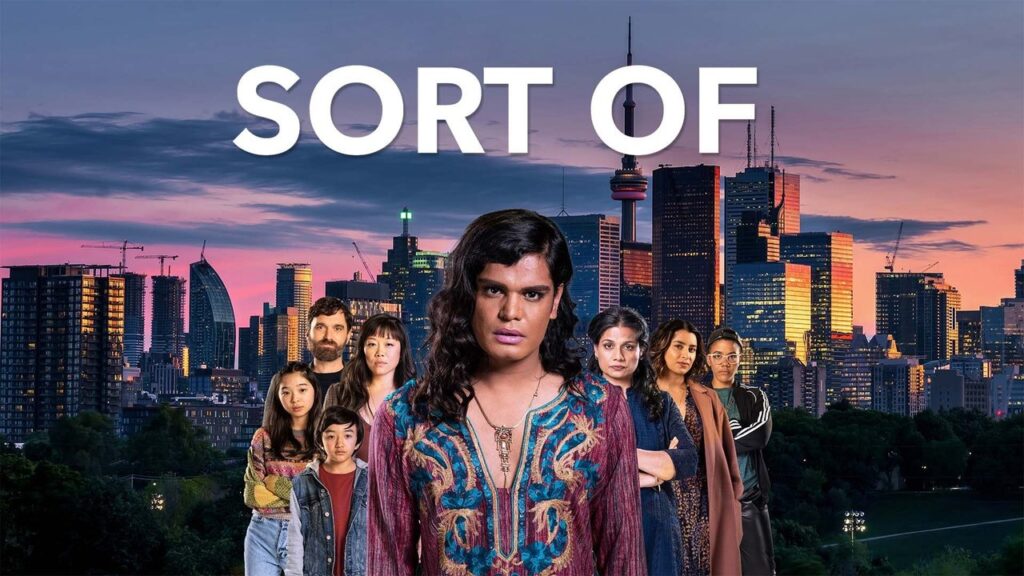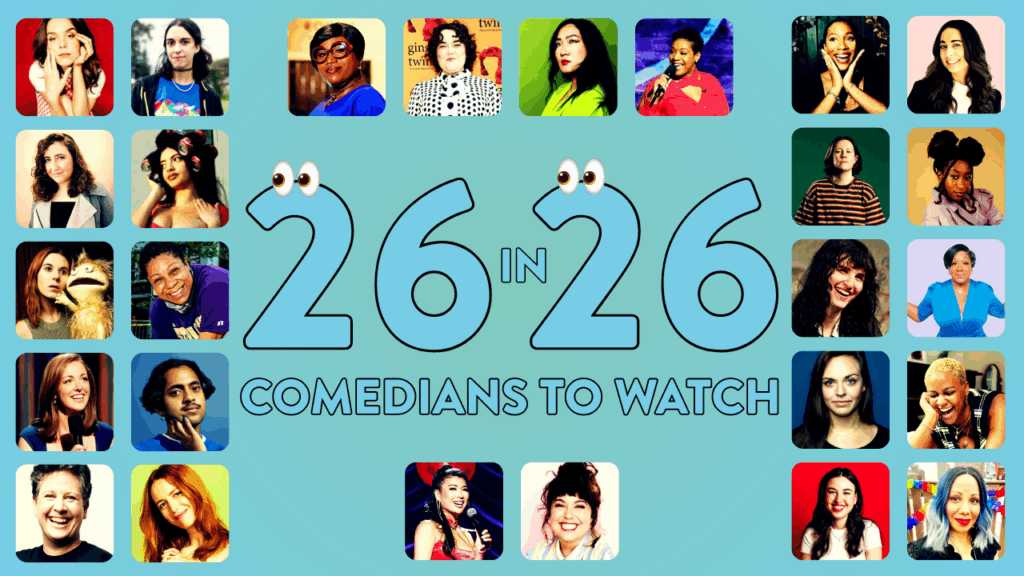Sort Of devastating; Sort Of silly

I really loved Sort Of. (Had to get that out of the way.) And also, this article may contain some little spoilers, though i will try my best. I am just brimming with things to say.
Our beloved protagonist Sabi, played by the talented Bilal Baig, is wry, sensitive, and charming. In my experience, most media portraying the awkwardness of early queer adulthood centers some robust queer community, perhaps rife with fickle romances and alt parties (of which there are a few in this series). I was surprised to meet Sabi in their quotidien life. To see them juggle two part-time jobs, one as a nanny for two children, and the other as a bartender at a (not so chic but still very sweet) queer bar, felt as familiar as seeing my own makeup dried on my skin the morning after a night of (not necessarily bad but still) weird decisions.
As Sabi navigated their queerness against the backdrop of a South Asian diaspora in Toronto, the show is quick to prove that Sabi’s pursuit of authenticity stretches far beyond the more typically portrayed pressures of growing up second-generation and queer in any given western context.
By learning about Sabi through the ways they acted (and sometimes failed) as a best friend, caretaker, loyal employee, and sibling, my view of them as a South Asian queer nonbinary person grew deeper and more fond beyond the identities they held on paper.
The best part of this show (for me), was getting to witness this beautiful relationship between Sabi and their mother. My favorite scene is in episode 4, in which Mrs. Mehboob visits Sabi at work unexpectedly, and then waits in her red Prius to take them home at the end of their shift.
“You wear makeup and bangles and care for children…if you’re not a girl what are you? Gender binary?
“Did you look that up?”
“I have to understand it if I’m going to accept it”
“No one told you to accept it, and my job has nothing to do with my gender.”
The scene is both dramatic and funny to me –it shows the clunkiness of trying to have honest adult relationships with your parents and reminded me of many conversations that I’ve had with family (also in cars a lot of the time for some reason?) in which there was no real conclusion to be had, just the valiant attempt to really love each other in spite of the things we do not completely understand.
This scene is also especially precious to me because it shows Sabi’s mother to be just as complex as Sabi — not one to be vilified as the antagonist in Sabi’s story, but rather someone dealing with immense pressures and misconceptions of her own.
This is how the show goes, earnest and devastating moments coming in hot after a silly scene like a montage of Sabi interviewing potential bartender replacements. The show never gives whiplash, but rather invites us to watch the ups and downs that come with “real” life. Sabi oscillates between real duty — to their family, their best friend, and the family they support– and the frivolity, the silliness, and the joy of a big queer life.
It is often obligation that brings Sabi into focus, a phone call from their employer or a family emergency punctuating all of the moments they may spend ambling through a queer mask-themed party. The best gift that the show Sort Of gives its audience is the portrayal of authenticity as a force that can meld two worlds — the more fun parts of being queer, and the more serious parts of being queer — into one. This is especially effective because queer media so often falls along the lines of doing one or the other. But Sort Of is sort of both. I’m so excited by this show, and I’m really excited for you (dear reader) to watch it.




